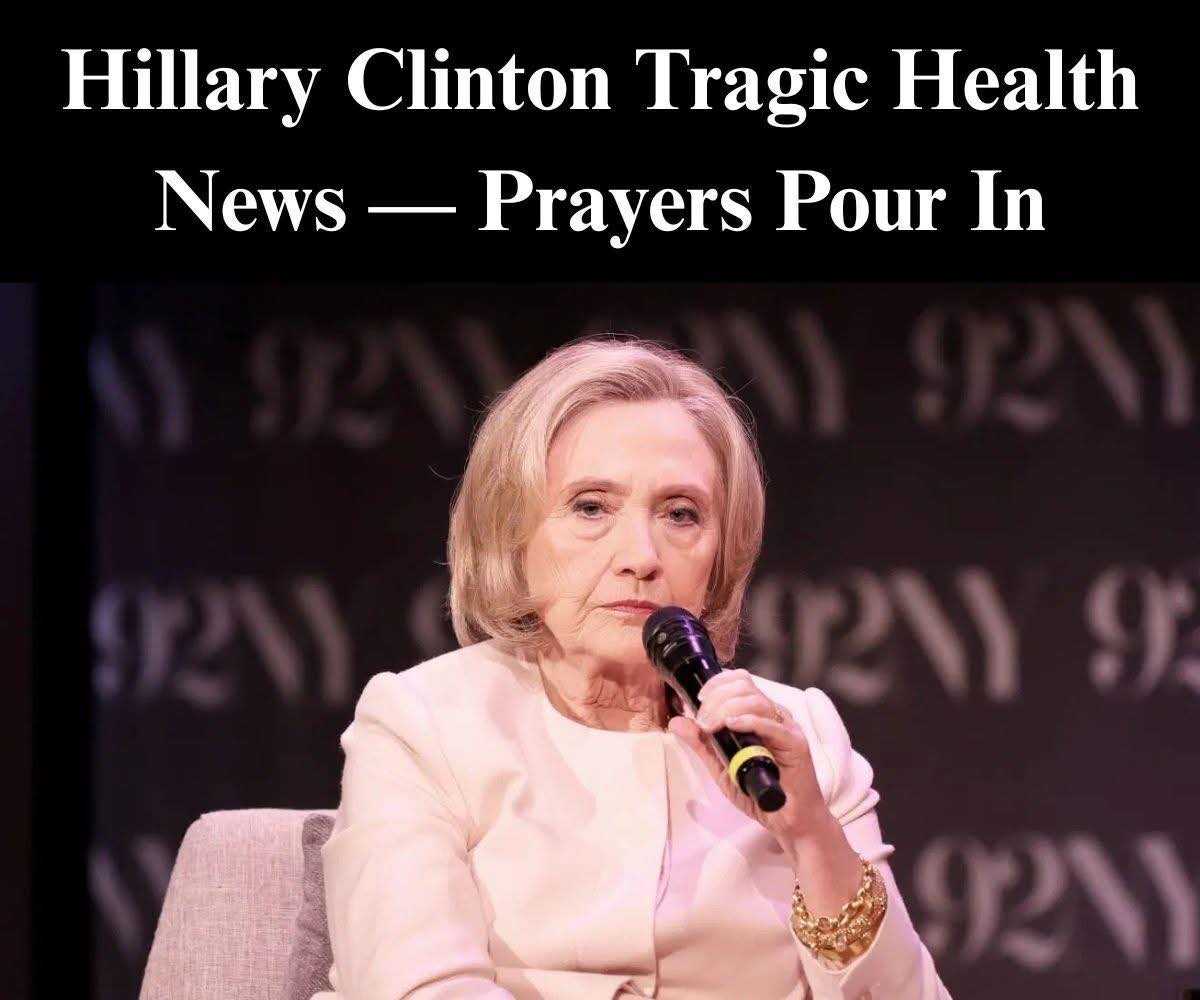On July 28, 2025, Director of National Intelligence Tulsi Gabbard presented newly declassified findings from a House Intelligence Committee report, shedding fresh light on foreign intelligence behavior during the 2016 U.S. presidential election.
According to the report, Russian intelligence services reportedly had access to internal communications within the Democratic Party at the time. These communications allegedly included discussions about concerns over Hillary Clinton’s well-being during her campaign. The report claims these concerns ranged from physical health to emotional stress, a common issue during high-pressure election seasons.
Despite having access to this sensitive information, the report suggests that Russian officials chose not to release it publicly. Analysts cited in the report believe this was a strategic decision by Moscow, which at the time may have anticipated a Clinton victory and did not want to provoke a response from a future administration.
The declassified material also outlines how Russian intelligence possibly monitored email discussions among Clinton campaign staff. Some messages reportedly focused on efforts to shape the narrative around foreign interference and cybersecurity, topics that dominated headlines following the election.
During a press briefing, Gabbard said the findings raise important questions about foreign influence, campaign transparency, and how narratives are formed in the public arena. She emphasized the need for Americans to remain informed and vigilant as the political landscape continues to evolve.
Republican Senator Roger Marshall also weighed in, saying the report adds new context to longstanding questions about the 2016 election cycle. He urged further bipartisan inquiry into how information is handled and presented during presidential campaigns.
Speculation about Clinton’s health had circulated at the time—especially after a high-profile incident at a 9/11 memorial—though her campaign later stated she had been diagnosed with pneumonia.
The release of this report is expected to spark renewed debate about the intersection of intelligence, politics, and public trust. As the U.S. heads into another election season, transparency and accountability remain key concerns for both voters and lawmakers.
